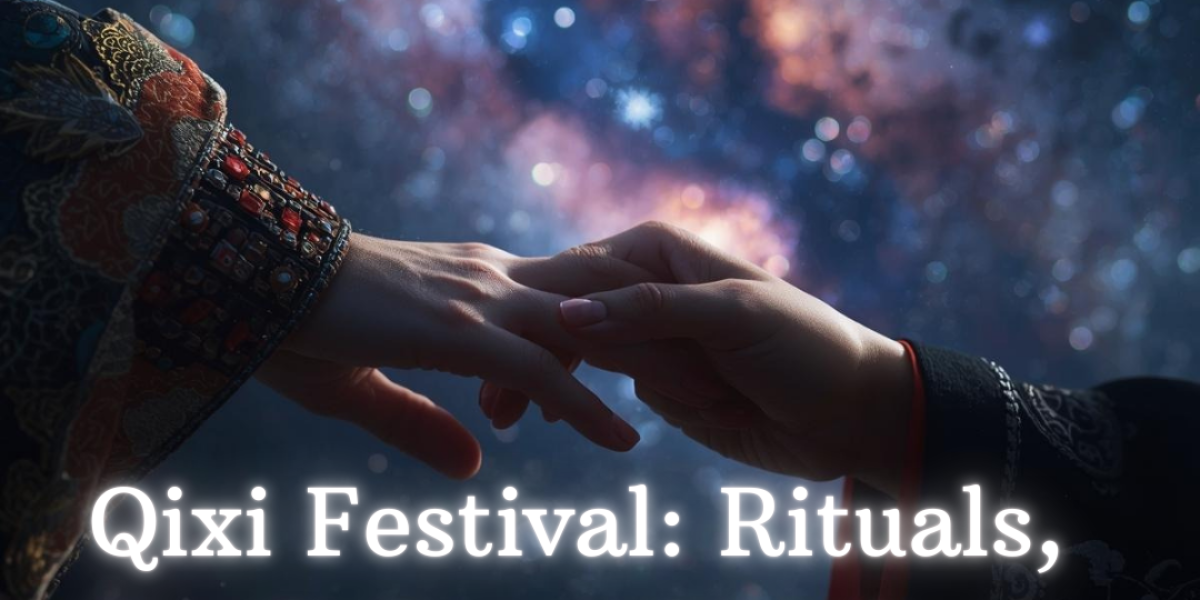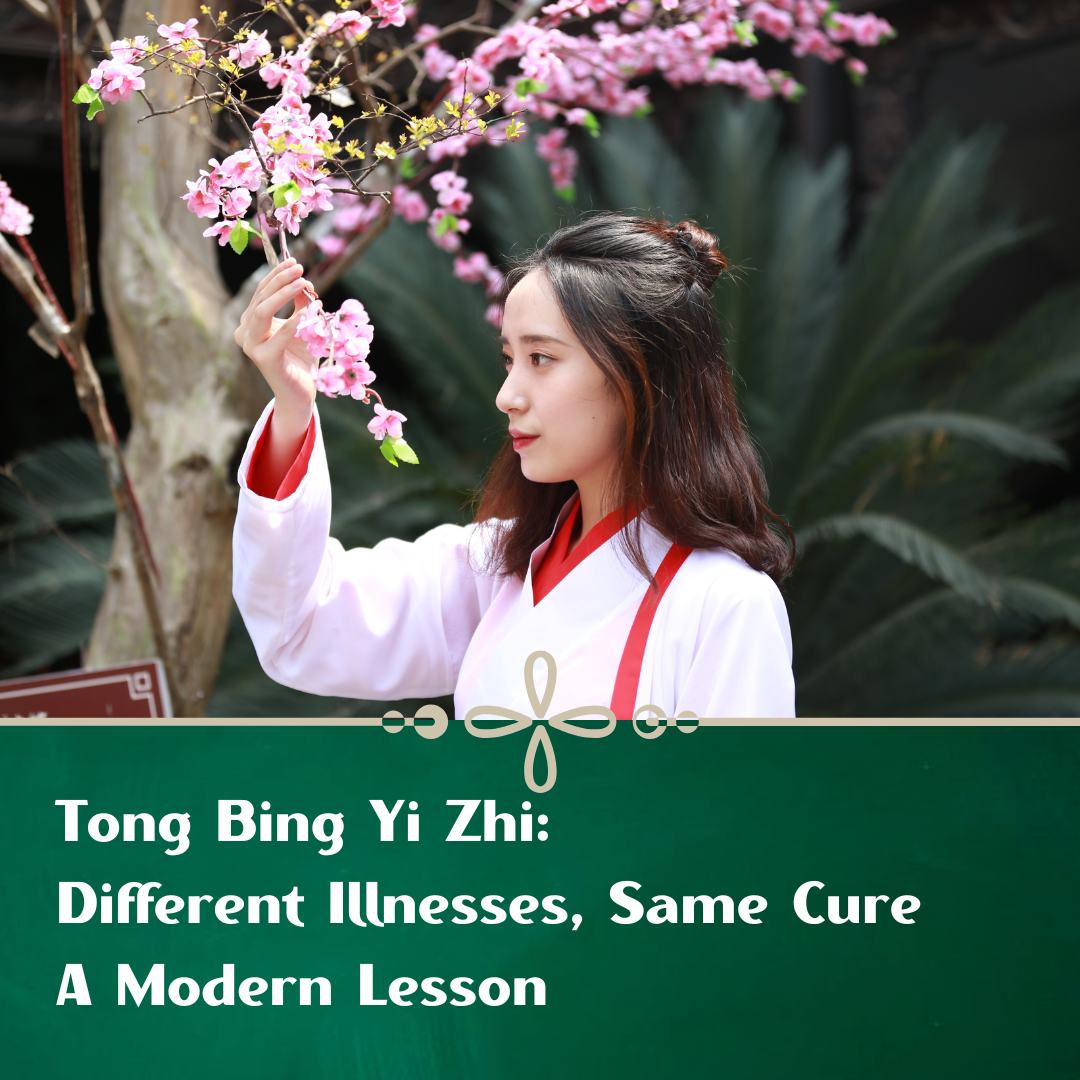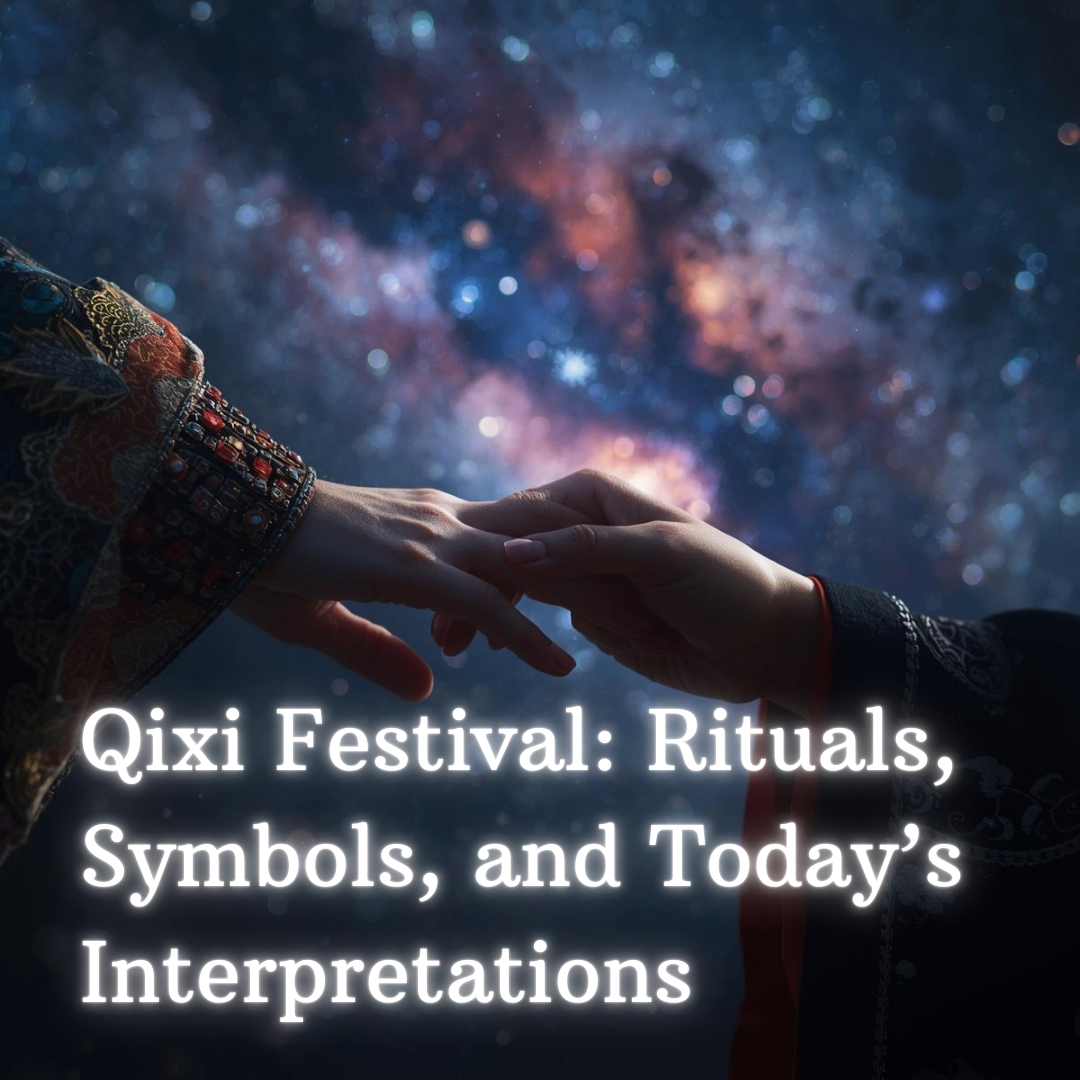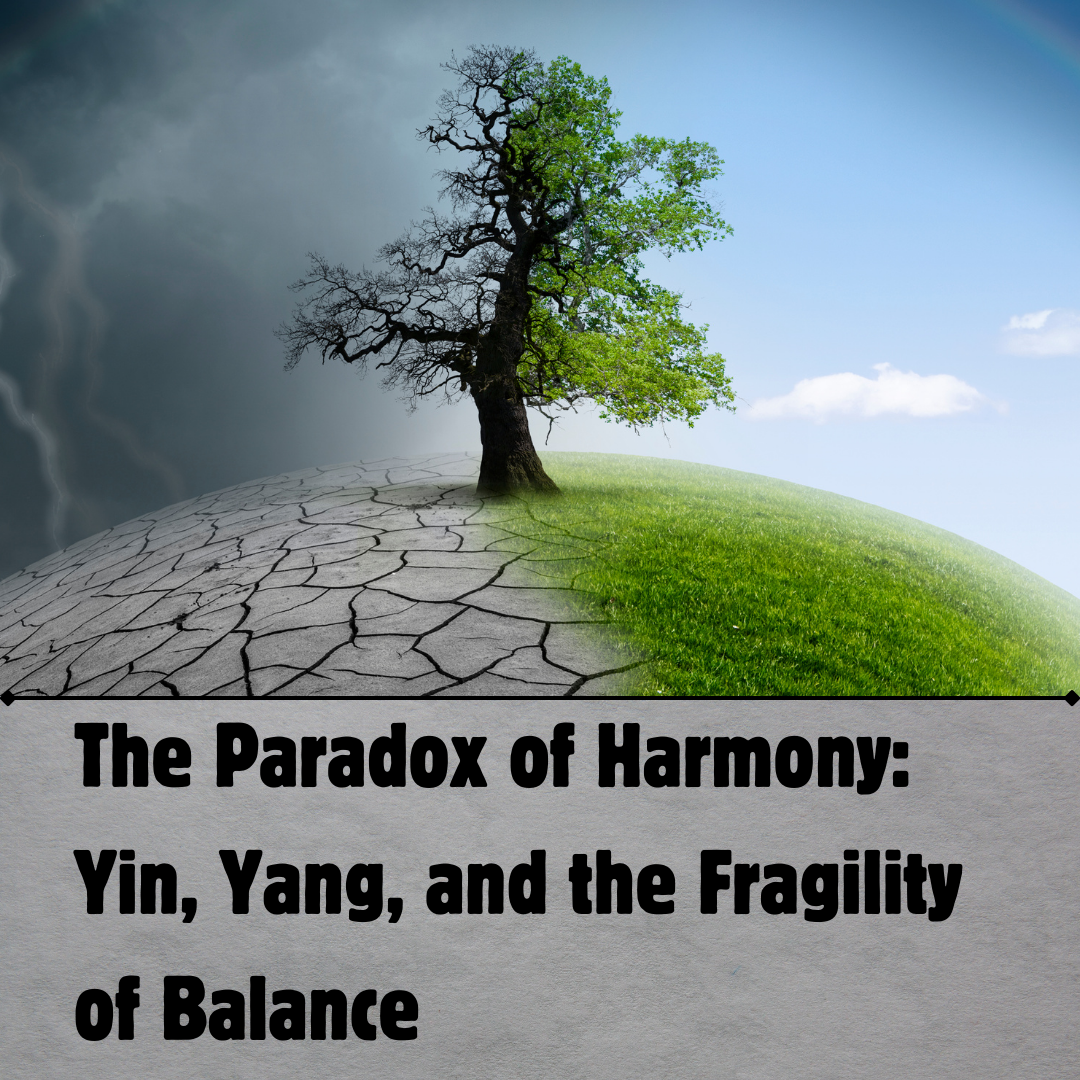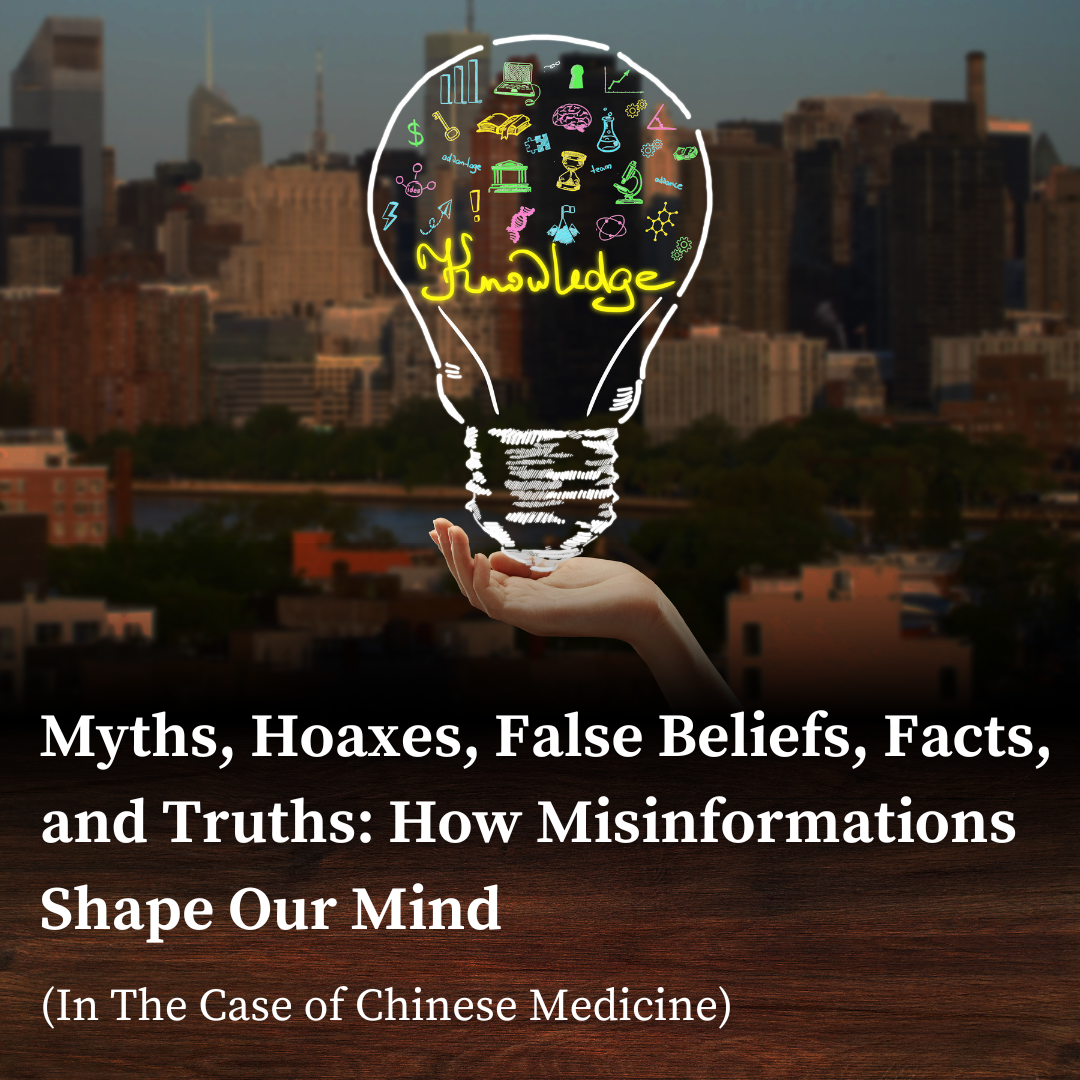Qixi Festival (七夕节 – Qīxī Jié) is a traditional Chinese festival that celebrates the annual meeting of two lovers—the cowherd Niulang and the weaver girl Zhinü—represented by the stars Altair and Vega. It falls on the seventh day of the seventh lunar month, which this year happens to be today, August 29th, 2025. In modern times, it is often referred to as Chinese Valentine’s Day.
However, if you are not deeply familiar with Sinology or Chinese culture, you might not have heard of the Qixi Festival at all. In fact, I would say that even many Chinese people themselves have little or no knowledge of it.
From the explanation above, it is easy to see why people associate the Qixi Festival with love. Yet, traditionally, the festival was less about romance and more a rite of passage for young women. Customs focused on praying for wisdom, skill in needlework, and a good marriage. In modern times, however, Qixi has become widely celebrated as the Chinese equivalent of Valentine’s Day. Couples exchange gifts such as chocolates, flowers (especially roses), jewelry, and other tokens of affection. Going out for a romantic dinner is common, and many even choose this day to marry or register their marriage, as it is believed to be highly auspicious for a joyful and lasting union. From these rituals, it becomes clear why most people see the Qixi Festival as a symbol of great love, believing that to engage in acts of love on this day will invite good fortune in matters of the heart.
Yet when it comes to love, people’s perspectives vary widely. Just as not everyone views Valentine’s Day the same way, people’s feelings about the Qixi Festival also differ.
Most people indeed associate the festival very closely with love—that much is true.
But did you know? Some hold very different views.
For example, some remain indifferent. Even though others celebrate Qixi with great enthusiasm, they simply live the day as they would any other.
Some are skeptical, questioning the need for such emphasis on love during the festival. They might ask, “Why make such a fuss? Why get married on Qixi and not on any other day? Isn’t every day the same?”
Others feel sorrowful or lonely. “How can I think about marriage,” they wonder, “when I don’t even have close friends?”
And then, there are those who think more expansively. They believe Qixi does not have to be limited to lovers or married couples, but can be celebrated with friends, family, or anyone who brings joy through togetherness. For some, it can even be a time to celebrate oneself—by doing something kind, nourishing, or meaningful.
There is also the aspect of prayer. While the traditional focus was for young women to pray for skill, wisdom, and a good partner, today one might also pray for many other things—such as health, success, happiness, or greater skill in life.
These different perspectives reveal much about what lives in people’s minds—and perhaps even in their subconscious.
Do you find yourself resonating with one of these perspectives—or perhaps with several of them? Or do you hold yet another way of seeing the Qixi Festival, one that I have not mentioned here? If so, I warmly invite you to share your thoughts in the comments—I would truly love to hear them. 😊
Additional Part: Qixi Festival—Simplified Version
We have two central figures here:
- Zhinü 织女 — The Weaver Girl was the seventh daughter of the Jade Emperor (the supreme deity in Taoism). She was a skilled weaver who created beautiful clouds and robes for the heavens.
- The Cowherd (Niulang – 牛郎): Niulang was a poor, kind-hearted orphan who lived with his older brother and cruel sister-in-law. His only possession was an old ox.
One day, Zhinü and her six sisters descended to earth to bathe in a river. The old ox, who was actually an immortal under a spell, told Niulang to steal Zhinü’s feathered robe, which allowed her to fly. Without it, she couldn’t return to heaven. Niulang did so, and the two met, fell in love, married, and had two children. They lived a simple but happy life.
However, The Jade Emperor was furious that a goddess had married a mortal. He ordered Zhinü to be returned to heaven. As Zhinü was taken away, Niulang, in despair, put their children in baskets and tried to follow, but the Jade Emperor created a vast Milky Way (Silver River – 银河) in the sky to separate them forever.
Then. Moved by their unwavering love, magpies (a symbol of joy and good fortune in China) decided to help. Once a year, on the 7th day of the 7th lunar month, thousands of magpies would fly together to form a bridge (鹊桥 – Quèqiáo) over the Milky Way, allowing the lovers to reunite for a single night.
This story reveals why the festival is also called the Magpie Festival or the Double Seventh Festival.
Source:
Birrell, A. (1993). Chinese mythology: An introduction. Johns Hopkins University Press.
Disclaimer:
While this article draws from genuine legends and customs, please be aware that the personal opinions and interpretations shared are my own. They are not intended to be a definitive or official statement on these traditions.

